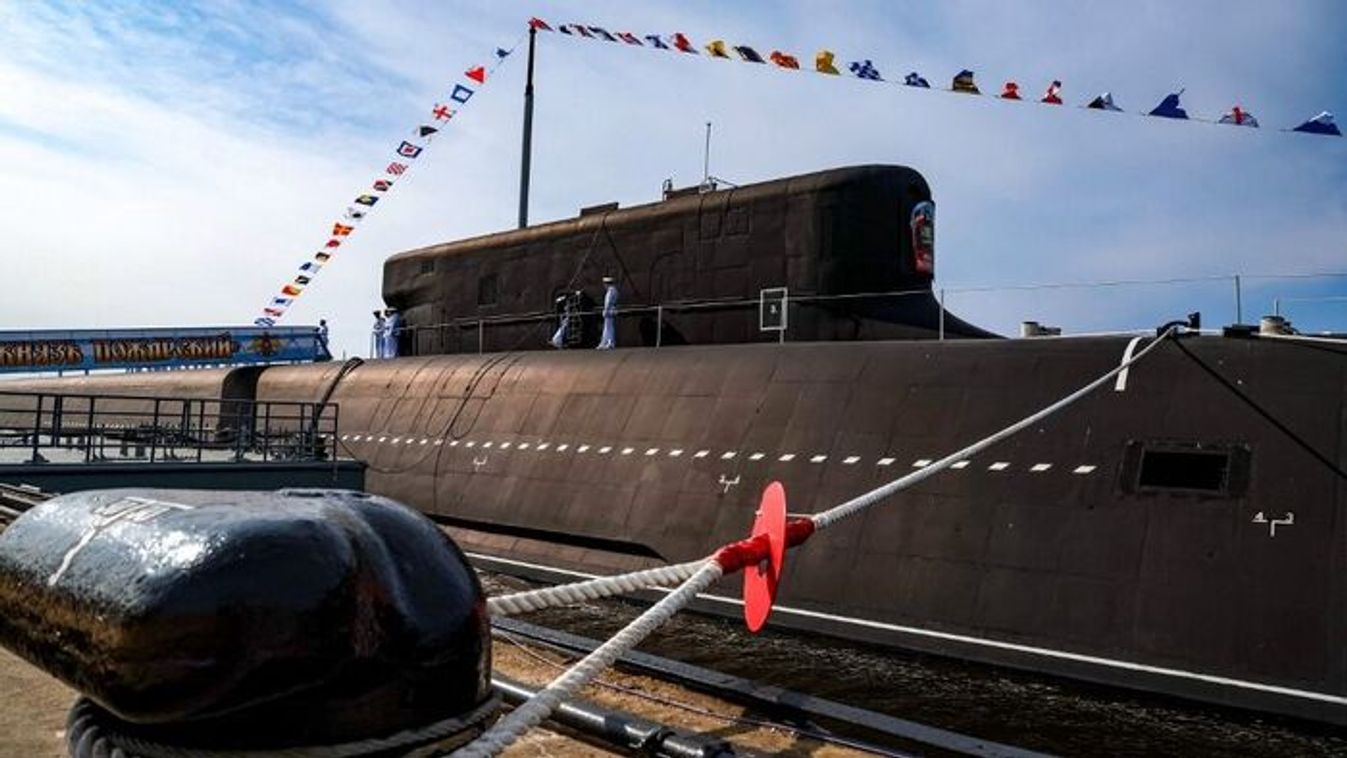Konganak a NATO vészharangjai: Putyin eddig soha nem látott erőket mozgósít – új front nyílhat a konfliktusban

A NATO-jelentése arra figyelmeztet, hogy Oroszország tengeri stratégiája alapjaiban rajzolná át egy esetleges háború forgatókönyvét.

Any invasion—which is what it would be—of a vast country of 46 million in the heart of Europe, sharing borders with NATO allies Poland, Hungary, Slovakia and Romania, would pose a major security challenge for the United States
„Any invasion—which is what it would be—of a vast country of 46 million in the heart of Europe, sharing borders with NATO allies Poland, Hungary, Slovakia and Romania, would pose a major security challenge for the United States and other key European powers. Even without further Russian action, allies such as the Baltic countries will be seeking U.S. reassurance. Lithuania has already asked for Article IV consultations under the NATO Treaty in response to a clear threat to its security. These countries likely will also ask for hard reassurances—such as deployments of U.S. and other allied troops and equipment on their territory—as Turkey did in 2012 when Syria shot down a Turkish jet. They will also need help to shore up their eastern borders and prepare for possible flows of refugees from Ukraine. The Baltic states will probably ask for similar reassurances. One can also expect cyber attacks and intrusions, false alarms and an atmosphere of tension the likes of which have not been seen since the worst days of the Cold War.
Post-revolutionary Ukraine is in bad shape. Its economy is wrecked. Government institutions broke down completely after the Yanukovych government disappeared overnight. Corruption and criminality, Ukraine’s twin scourges, remain basically intact. Thanks to Russia’s unexpected moves in Crimea, the West will now have to put Humpty Dumpty back together on its own. These tasks demand that the president designate a senior point-person for coordinating Ukraine policy in all its complexity. Deputy Secretary of State William Burns, one of America’s ablest diplomats and an old Russia hand, is the obvious choice.
The break in the West’s relations with Russia is bound to be deep and lasting. The G-8 will be its first casualty with the Western powers likely to reconstitute the G-7 in its original form as a direct rebuff to Putin. Other important international mechanisms —the U.N. Security Council, ad hoc diplomatic efforts on Syria, the P5+1 process on Iran, the Six-Party talks on North Korea, and so on—will be filled with renewed acrimony and dysfunction. Some may break down entirely. Inevitably, there will be congressional calls for sanctions against Russia, which the White House will be hard-pressed to resist no matter how much it may want to preserve the shreds of cooperation with Russia on Iran, Syria or Afghanistan. The West and Russia are in uncharted waters.”